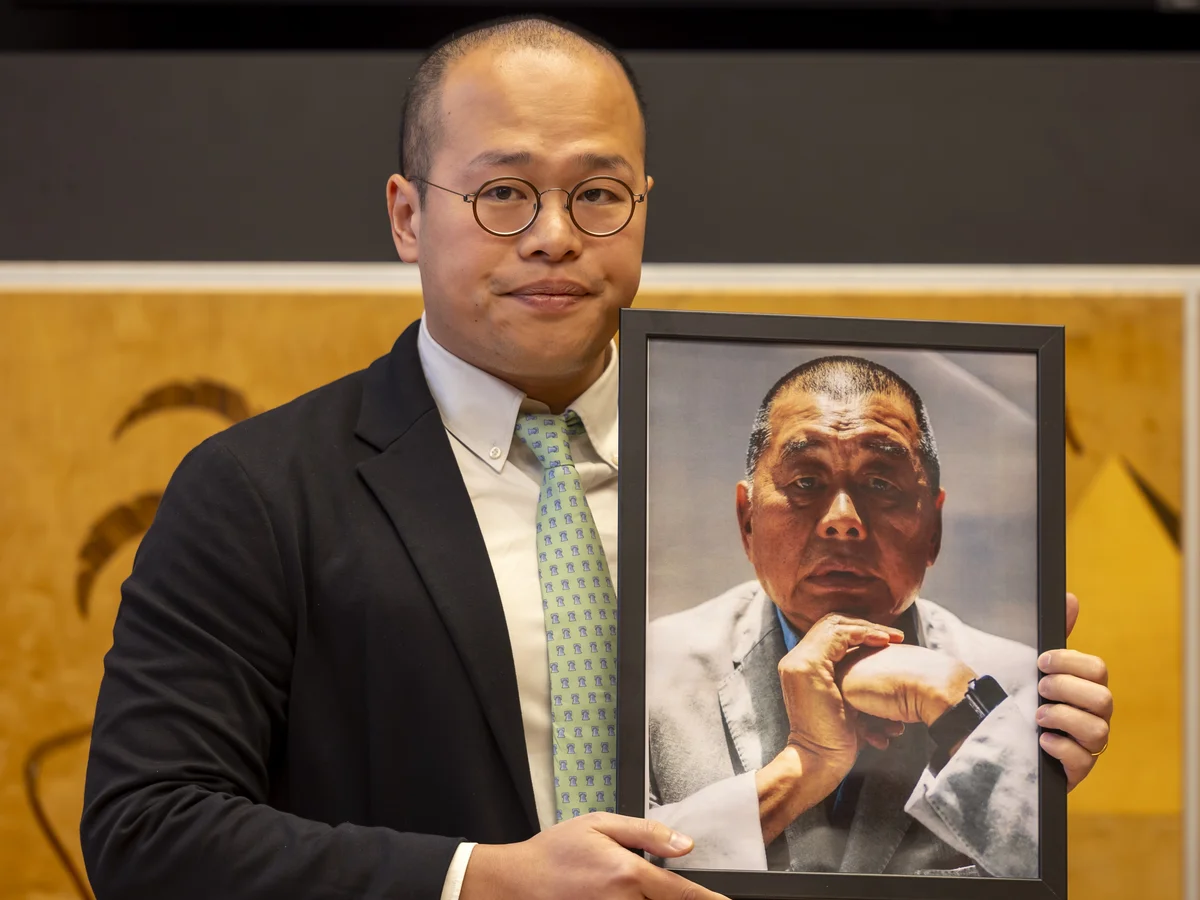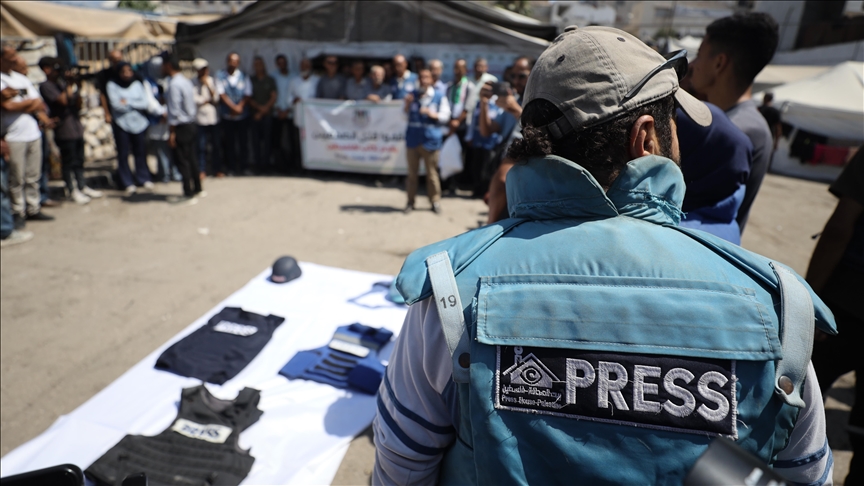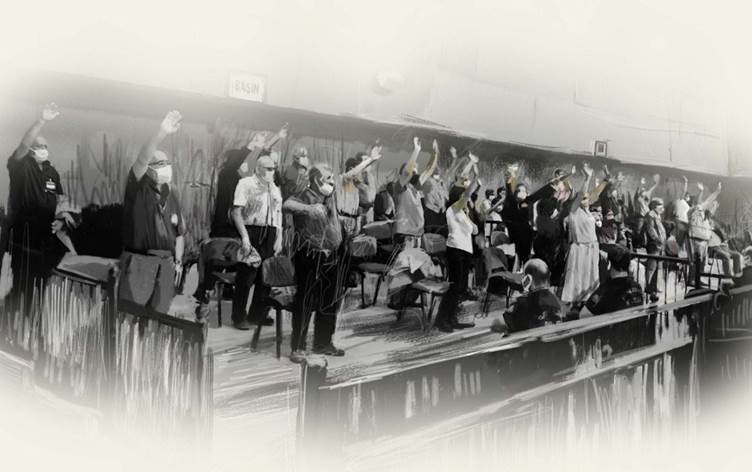
Northern Ireland Police Hid Covert Surveillance of Journalists from Oversight
September 8, 2025
Pressure Mounts on UK Prime Minister as Campaigners Demand Humanitarian Release for Jimmy Lai
September 8, 2025September 08, 2025 – Lebanon –
Lebanese journalist and television host Walid Abboud was confronted with an alarming threat on September 8, 2025, after anonymous flyers were distributed near his home in Keserwan. The documents, signed by the so-called “Houthi Ansarullah Group,” contained disturbing language directed at Abboud and his family, accusing him of betrayal and collaboration with foreign interests.
The flyers declared: “Stop attacking the security and dignity of the Islamic and Arab nation from your Zionist and collaborator channel.” They went further to issue chilling warnings: “The time of your punishment has come … So be always ready and cautious regarding the penalties that await you: kidnap, torture, and then physical liquidation.” The tone left little doubt that the threats were intended to instill fear and silence Abboud’s voice.
Abboud is a prominent media figure in Lebanon. He serves as news director of MTV Lebanon and also hosts a popular talk show on Télé Liban, the country’s state broadcaster. Known for outspoken commentary and for raising difficult political questions, Abboud has built a reputation as one of the country’s more daring television hosts. This visibility, however, has also made him a target in an environment where journalists frequently face pressure and intimidation.
The threats immediately drew condemnation from political parties and civil society. The Lebanese Forces issued a strong statement denouncing the intimidation, affirming that Lebanon has entered “the era of the state” and that such tactics would not succeed in silencing the media. Their reaction underscored the broader struggle in Lebanon, where media professionals frequently find themselves caught between competing political interests, entrenched sectarian narratives, and external influences.
Authorities have yet to confirm the origins of the flyers or whether the “Houthis Ansarullah Group” has any operational presence in Lebanon. For now, the threats underscore the persistent vulnerability of journalists who attempt to navigate the country’s volatile landscape. Abboud himself has not publicly retreated from his work, continuing to appear on television.
This episode is part of a troubling pattern in which journalists face not only criticism but also explicit threats to their safety. By targeting Abboud, those responsible send a dangerous message about the shrinking space for critical reporting in Lebanon.
Reference –




